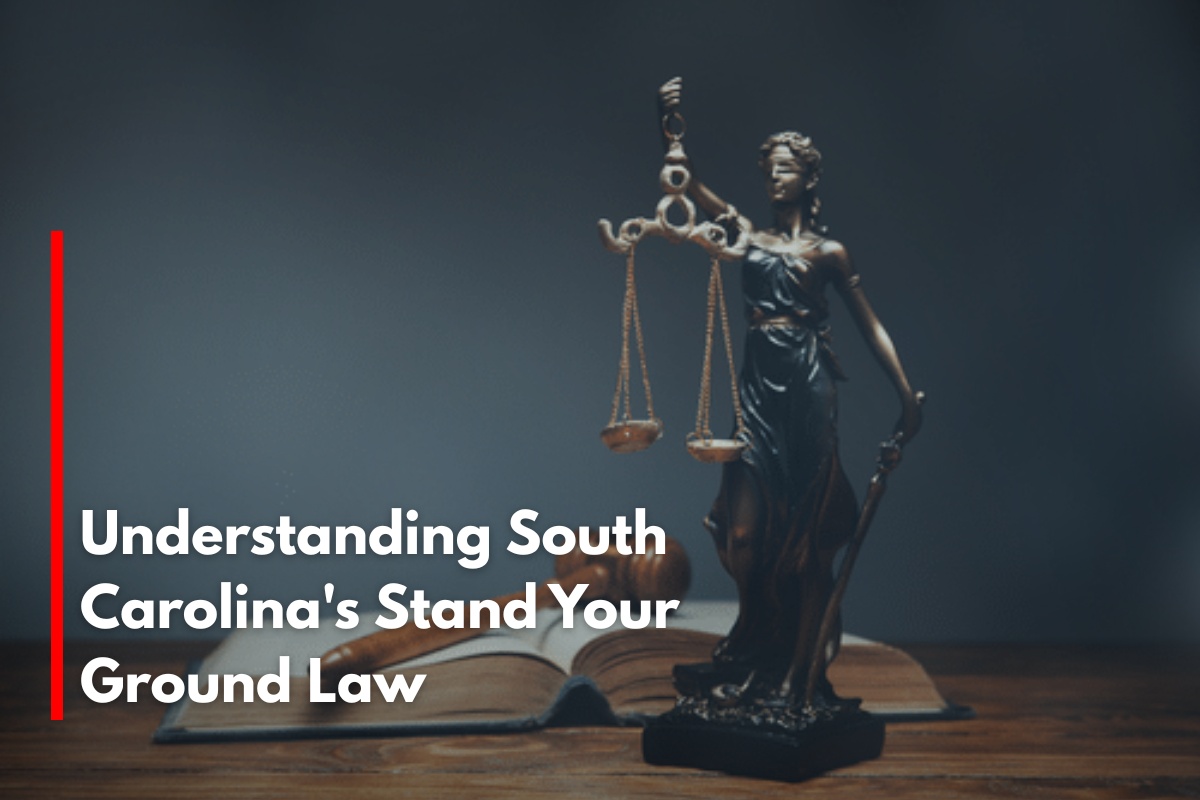South Carolina’s Stand Your Ground law is a critical legal provision that outlines when and how individuals can use force, including deadly force, to protect themselves without the obligation to retreat. This law reflects the state’s strong stance on self-defense rights while setting clear boundaries on its application.
Overview of South Carolina’s Stand Your Ground Law
South Carolina’s Stand Your Ground law, codified under South Carolina Code Section 16-11-440, allows individuals who are lawfully present in a location to use force without the duty to retreat if faced with an imminent threat. Unlike older self-defense laws, it removes the legal requirement for a person to safely retreat before defending themselves.
Instead, it permits the use of reasonable force, including deadly force, when the individual reasonably believes they face imminent danger of death, serious bodily injury, or the commission of a violent crime like burglary or robbery.
Key Provisions and Legal Protections
The law applies in various settings such as homes, vehicles, workplaces, and public spaces where the individual has a legal right to be. A central feature is that it provides immunity from criminal prosecution and civil lawsuits if the use of force is deemed justified under the statute. To qualify, a person must show that:
This law also incorporates the castle doctrine, which presumes that an unlawful entry into a home justifies the use of deadly force without a duty to retreat. The principle extends to occupied vehicles as well.
Difference Between Stand Your Ground and Other Self-Defense Laws
Unlike jurisdictions that enforce a “duty to retreat,” South Carolina’s law removes that prerequisite, empowering people to stand their ground when faced with a threat. The castle doctrine focuses specifically on defense within the home, while Stand Your Ground extends self-defense rights to public spaces and vehicles where a person lawfully may be present. Essentially, South Carolina law removes the duty to retreat in all these environments, provided certain legal conditions are met.
Application and Controversies
The law is invoked in various contexts, including home invasions, carjackings, and public altercations. Supporters argue it provides robust protection for law-abiding citizens and strengthens Second Amendment rights. However, critics contend that the law may lead to excessive violence or be misapplied in some cases. Courts must carefully assess whether the perceived threat was reasonable and if the response was proportional.
Recent cases, such as the involvement of the South Carolina Attorney General affirming Stand Your Ground immunity in a high-profile shooting, underscore the law’s significant legal impact and ongoing public debate.
Important Considerations
While Stand Your Ground provides important self-defense rights, it is not a blanket immunity. Individuals cannot claim protection if they initiate confrontation, engage in unlawful acts, or use disproportionate force. The reasonableness of the belief of imminent danger is a key factor, often scrutinized in legal proceedings. Understanding these nuances is essential for anyone relying on the law for protection.
South Carolina’s Stand Your Ground law affirms the right to protect oneself without retreating when facing immediate threats in places one is lawfully allowed to be. It balances individual rights with legal safeguards by requiring a reasonable belief of danger and proportional use of force.
This law remains a significant and sometimes controversial element of South Carolina’s criminal justice system, reflecting evolving views on self-defense and personal safety.
Residents and visitors alike should familiarize themselves with these legal protections and limitations to ensure informed and responsible action in threatening situations.
Sources
(https://en.wikipedia.org/wiki/Stand-your-ground_law)
(https://kinglawoffices.com/personal-injury/stand-your-ground-laws-in-south-carolina/)
(https://www.scstatehouse.gov/sess126_2025-2026/bills/3063.htm)
(https://wpde.com/news/local/south-carolina-stand-your-ground-castle-doctrine-law-explained-scott-spivey-murder-deadly-force-self-defense)
(https://www.wrhi.com/2025/02/understanding-south-carolinas-stand-your-ground-law-196550)











